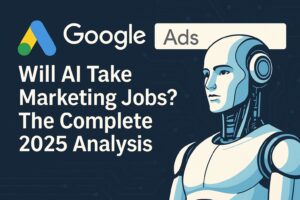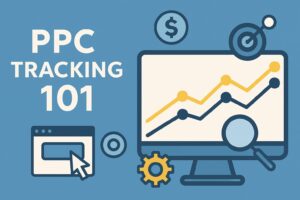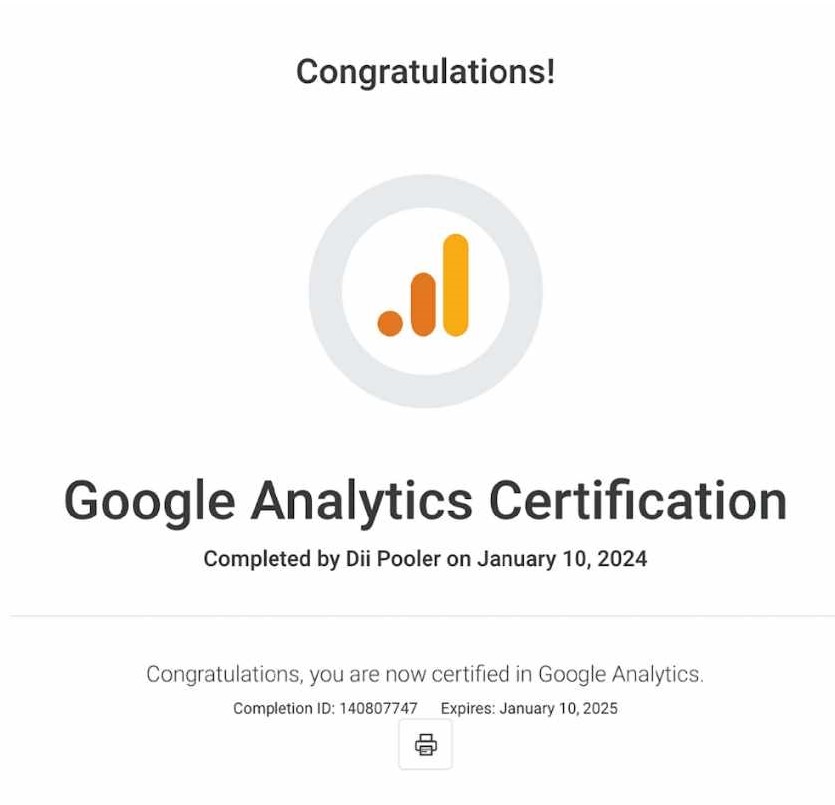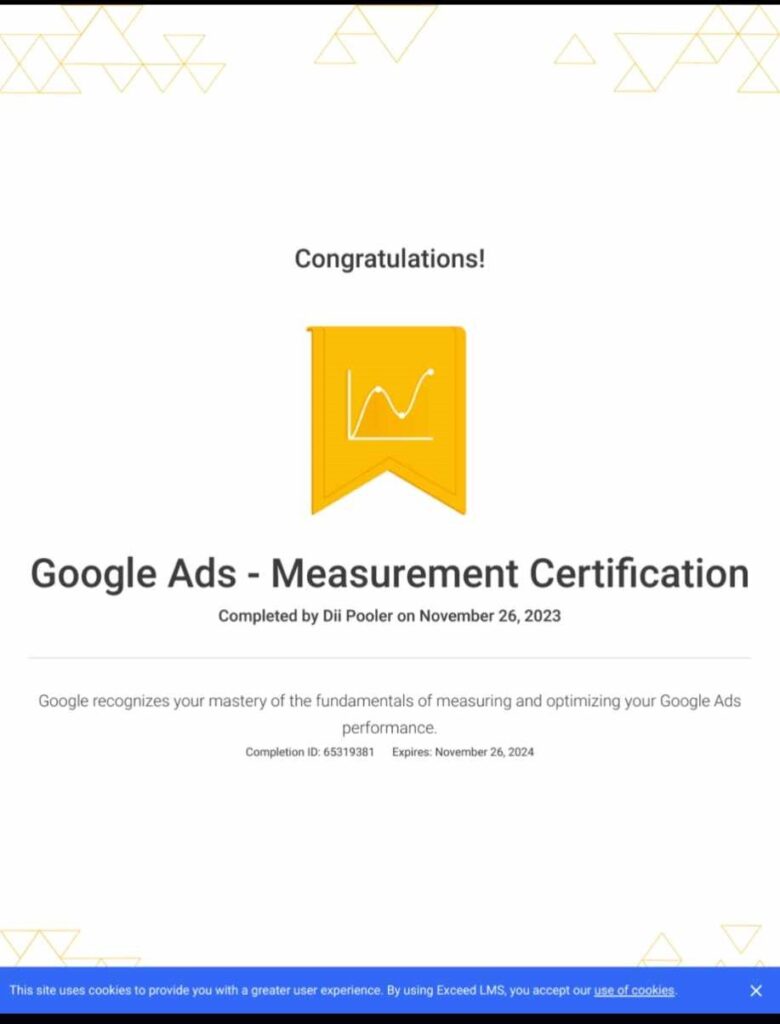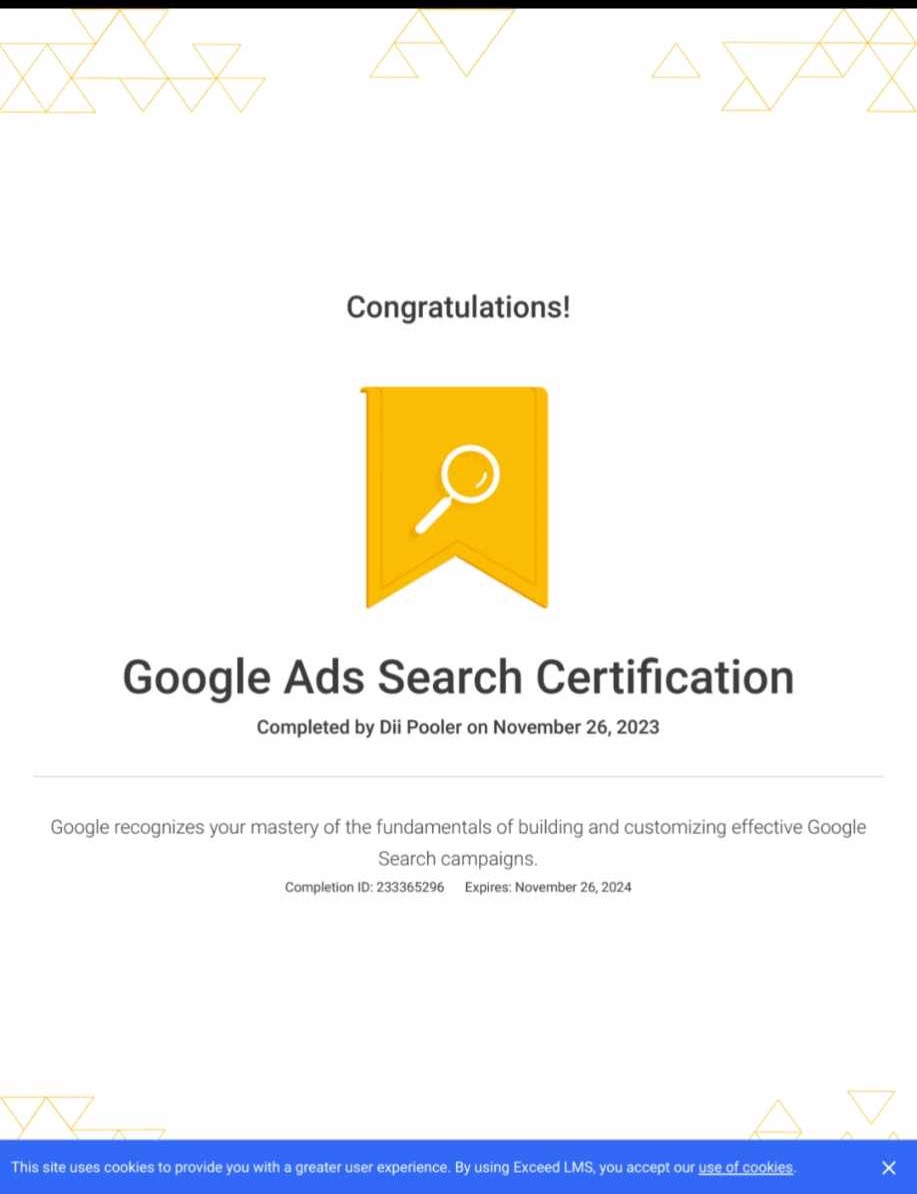Will AI Take Marketing Jobs? The Complete 2025 Analysis
The question isn’t whether artificial intelligence will transform marketing careers—it’s already happening. According to HubSpot’s 2025 State of AI Marketing report, 64% of marketers are already using AI in their current role, and 91% agreed that teams at their company use AI to assist them in their jobs. But behind these adoption statistics lies a more complex story of displacement, transformation, and unprecedented opportunity.
As we navigate through 2025, the AI revolution has created clear winners and losers in the marketing profession. Some roles are vanishing entirely, while others are evolving beyond recognition. Meanwhile, entirely new career paths are emerging for those who can adapt. This comprehensive analysis examines exactly which marketing jobs are at risk, who’s thriving, and what every marketing professional needs to know to future-proof their career.
The Current State: AI's Marketing Takeover by the Numbers
The transformation is already underway, and the statistics are staggering. Solutions Review’s 2025 analysis reveals that 68 percent of marketing leaders reported ROI on their AI investment, while 75 percent of marketers say they use AI to reduce manual task time. Most significantly, 86 percent of marketers report that AI saves them 1+ hours a day by streamlining creative tasks.
But these productivity gains come with a cost. National University’s comprehensive job statistics show that 14% of all workers have already been displaced by AI, with the rate being higher among younger and mid-career workers in tech and creative fields. The World Economic Forum’s Future of Jobs Report 2025 projects that by 2030, 92 million jobs are expected to be displaced, even as 170 million new ones are created.
For marketing specifically, the picture is nuanced. While AI creates efficiency and new opportunities, certain marketing roles face immediate existential threats.
Jobs Already Being Impacted: The Immediate Casualties
Content Creation and Copywriting: The First to Fall
Copywriting is another area that has been hit hard by the impact of AI, according to Solutions Review’s industry analysis. While generative AI likely won’t replace copywriters entirely, these tools are restructuring how marketers create blogs, social media posts, advertising copy, and product descriptions.
The evidence is overwhelming. Research shows that 81.6% of digital marketers already fear AI will replace content writers, and that fear is becoming reality as Final Round AI reports. Companies are discovering that “good enough” AI writing costs pennies compared to human salaries.
Most At Risk:
- • Entry-level copywriters
- • Content creators focused on basic blog posts
- • Social media content writers
- • Product description writers
- • Email marketing copywriters
Survival Strategy: Writers who survive will need skills beyond basic writing—strategy, brand knowledge, and deep audience understanding.
Data Analysis and Market Research: Automated Away
AI analytics tools can process market data faster and more accurately than humans, spotting trends and predicting behavior with superior precision. Microsoft’s research reveals that AI could replace 53% of market research analyst tasks, making this one of the most vulnerable marketing positions.
Most At Risk:
- • Junior market research analysts
- • Data entry specialists
- • Basic reporting analysts
- • Survey data processors
- • Competitive intelligence researchers
Customer Service and Support Marketing
The automation of customer service directly impacts marketing teams responsible for customer communication. As Final Round AI notes, AI chatbots reduce telemarketing costs by 80%, making human customer service rapidly obsolete.
Most At Risk:
- • Customer service representatives
- • Live chat support staff
- • Basic customer success roles
- • Telemarketing positions
- • Email support specialists
The Transformation Timeline: How We Got Here
The ChatGPT Revolution (November 2022 – Present)
The AI transformation in marketing didn’t happen overnight. It began with a single moment that changed everything: November 30, 2022, when OpenAI released ChatGPT to the public. In its first five days, ChatGPT garnered over 1 million users, becoming the fastest-growing consumer application in history.
The Rapid Evolution (2023-2024)
March 14, 2023: OpenAI launched GPT-4, featuring enhanced accuracy and multimodal capabilities
May 2024: GPT-4o was released, offering enhanced intelligence and additional features for free users
2024: The year of enterprise adoption, as companies moved from experimentation to implementation
2025: The Acceleration
By 2025, AI adoption reached a tipping point. According to Content Grip’s analysis, the global AI in marketing market is set to reach US$47.32 billion in 2025, up from US$12.05 billion in 2020—representing a massive 36.6% compound annual growth rate
AI Companies: The Winners and Losers
The Spectacular Winners
The AI revolution has created unprecedented wealth for companies positioned correctly. Morningstar’s 2025 analysis shows dramatic winners and losers:
Top Performers:
- • SK Hynix: Up 74.54% in 2025
- • Palantir: Up 74.69%
- • Micron Technology: Up 44.79%
- • Nvidia: Securing a 177% gain in 2024 and maintaining its position as one of the world’s most valuable companies
The Dramatic Failures
Not every AI play succeeded. Yahoo Finance reports that companies threatened by AI automation are seeing massive selloffs:
Most impacted:
- • Adobe: Down 23% amid concerns clients will look to AI platforms for image and video generation
- • Wix.com: Down at least 33% in 2025
- • Shutterstock: Down at least 33%
- • ManpowerGroup: Down 30% due to rising automation threats
The DeepSeek Disruption
The most dramatic market event came in January 2025 when China’s DeepSeek AI model launched, causing massive disruption. Nvidia lost nearly $600 billion in market value in a single day as fears emerged that Chinese AI development could leapfrog U.S. dominance at a fraction of the cost.
Who's Safe: Marketing Jobs That Will Thrive
Strategic and Creative Leadership Roles
While AI can execute tasks, it cannot replace human strategy, creativity, and emotional intelligence. According to Harvard DCE’s analysis, these roles remain secure:
Safe Positions:
- • Creative Directors: Human creativity and brand vision remain irreplaceable
- • Brand Strategists: Understanding brand positioning and emotional connections
- • Marketing Directors/CMOs: Strategic leadership and team management
- • Customer Experience Designers: Human empathy and experience design
- • Growth Strategists: Understanding business objectives and market dynamics
Specialized Technical Roles
The AI revolution is creating entirely new job categories. National University’s research shows that AI and data science specialists are among the fastest-growing job categories in 2025.
New Roles Emerging:
- • AI Marketing Specialists
- • Prompt Engineers
- • AI Ethics Officers
- • Marketing Automation Architects
- • Customer Journey AI Designers
Integration and Management Positions
The future belongs to professionals who can bridge the gap between AI capabilities and business objectives. As Christina Inge from Harvard DCE emphasizes: “Your job will not be taken by AI. It will be taken by a person who knows how to use AI.”
How to Work WITH AI: The Collaboration Model
The Productivity Partnership
The most successful marketers in 2025 aren’t competing against AI—they’re leveraging it. HubSpot’s data shows the top ways marketers currently use AI:
- • Image and design generators like DALL-E and Midjourney (40% of marketers)
- • Content creation and optimization
- • Data analysis and reporting
- • Customer segmentation and targeting
- • Campaign optimization and testing
The Skills That Matter
Successful marketers need to become “well-rounded.” As I explain on Digital E-A-T-‘s, “Being a great paid media expert isn’t just about PPC—it’s about understanding the bigger picture of digital marketing. Dive into content marketing, analytics, CRO, SEO, and email strategies.”
This holistic approach becomes even more critical in an AI-driven world where specialists must understand how AI tools integrate across the entire marketing stack.
The Human Touch Advantage
While AI excels at data processing and basic content creation, it still lacks crucial human capabilities:
- • Emotional intelligence in customer interactions
- • Strategic thinking about brand positioning
- • Creative problem-solving for unique challenges
- • Ethical judgment in sensitive situations
- • Cultural understanding for diverse markets
AI's Current Limitations: What It Can't Do (Yet)
The Reliability Problem
Despite impressive capabilities, AI still struggles with consistency and accuracy. As Digital E-A-T notes: “LLMs are impressive, no doubt about it, but they are not always the most accurate.”
Current AI Limitations:
- • Hallucinations: AI often generates plausible but false information
- • Context Loss: Limited understanding of complex business contexts
- • Brand Voice: Difficulty maintaining consistent brand personality
- • Cultural Nuance: Lack of cultural sensitivity and understanding
- • Strategic Thinking: Cannot make high-level strategic decisions
The Training Data Problem
AI models are only as good as their training data, which creates several issues:
- • Bias Amplification: AI can perpetuate existing biases in training data
- • Outdated Information: Models may not reflect current market conditions
- • Limited Creativity: AI can only recombine existing ideas, not create truly novel concepts
- • Industry-Specific Knowledge: Lack of deep domain expertise in niche markets
Predictions for the Next 1-3 Years
2025: The Integration Year
According to CIO’s 12 AI predictions for 2025, this year marks “massive adoption” of proven AI use cases, especially in customer service, marketing, and customer development.
Key 2025 Developments:
- • Small Language Models become more common for business-specific applications
- • AI Agents begin handling complex multi-step marketing tasks
- • Regulatory compliance becomes a major focus as laws take effect
- • Skills gap widens between AI-savvy and traditional marketers
2026: The Acceleration Phase
Deloitte’s predictions suggest that 50% of enterprises using GenAI will deploy AI agents by 2027, with significant growth beginning in 2026.
Expected 2026 Changes:
- • AI agents become autonomous marketing team members
- • Creative AI begins matching human quality in specialized areas
- • Marketing departments restructure around AI-human collaboration
- • New certification and training programs become mandatory
2027: The Transformation
The AI 2027 forecast presents a dramatic vision: “AIs function more like employees” with coding AIs becoming “autonomous agents rather than mere assistants.”
Potential 2027 Reality:
- • AI handles 70%+ of routine marketing tasks
- • Human marketers focus primarily on strategy and relationships
- • New ethical frameworks govern AI marketing practices
- • Marketing teams are 50% smaller but significantly more productive
Should People Still Pursue Marketing Careers?
The Resounding Yes—With Conditions
The answer is emphatically yes, but with crucial caveats. According to Content Grip’s analysis, while automation is streamlining workflows, 97 million new roles could emerge. The key is training marketers to work with AI, not compete against it.
Essential Skills for New Marketers
Technical Skills:
- • AI tool proficiency (ChatGPT, Midjourney, analytics platforms)
- • Data analysis and interpretation
- • Marketing automation platforms
- • Basic coding/scripting for marketing tools
Human Skills:
- • Strategic thinking and problem-solving
- • Emotional intelligence and empathy
- • Creative ideation and brand storytelling
- • Cross-functional collaboration
- • Continuous learning mindset
Career Paths That Will Flourish
High-Growth Opportunities:
- • AI Marketing Strategist: Designing AI-human collaboration workflows
- • Customer Experience Designer: Creating human-centered experiences
- • Marketing Data Scientist: Extracting insights from AI-generated data
- • Brand Ethicist: Ensuring responsible AI use in marketing
- • Growth Hacker: Leveraging AI for rapid experimentation and scaling
Why PPC Expertise Remains Critical
Despite AI automation, Pay-Per-Click advertising exemplifies why human expertise remains irreplaceable. As Pooler notes in her Search Engine Land articles, successful PPC management requires:
• Strategic Thinking: Understanding business objectives and market dynamics that AI cannot interpret
• Creative Problem-Solving: Adapting to unique challenges that don’t fit AI training patterns
• Relationship Management: Building client trust and communication that AI cannot replicate
• Ethical Judgment: Making decisions about ad spend and targeting that require human values
Why Human Expertise Still Matters
Pattern Recognition Beyond Data: “True expertise isn’t just about crunching numbers; it’s about recognizing patterns before they fully form”
Intuitive Decision-Making: Combining data with “sharp gut instinct—something that only comes with experience”
Strategic Vision: Understanding that “success isn’t just about talent, it’s about persistence, adaptability, and the willingness to keep growing”
This human-centered approach to marketing expertise will only become more valuable as AI handles routine execution, leaving humans to focus on strategy, creativity, and relationships.
The Action Plan: What Every Marketer Must Do Now
Immediate Steps (Next 90 Days)
For Individual Marketers:
- • Audit Your AI Exposure: Identify which of your tasks could be automated
- • Start Learning: Take courses in AI tools relevant to your specialization
- • Experiment Daily: Spend 30 minutes daily practicing with AI tools
- • Document Your Value: Identify the uniquely human aspects of your work
For Marketing Leaders:
- • Assess Team Readiness: Evaluate current AI capabilities across your team
- • Invest in Training: Budget for comprehensive AI education programs
- • Pilot Projects: Start small-scale AI integration projects
- • Plan Restructuring: Consider how roles might evolve over the next 2 years
Medium-Term Strategy (6-18 Months)
Skill Development:
- • Master 3-5 AI tools in your specialization
- • Develop prompt engineering expertise
- • Learn data analysis and interpretation
- • Build cross-functional collaboration skills
Career Positioning:
- • Become your team’s AI advocate and trainer
- • Document successful AI integration case studies
- • Network with other AI-forward marketers
- • Consider specialized certifications in AI marketing
Long-Term Vision (2-5 Years)
Career Evolution:
- • Position yourself as an AI-human collaboration specialist
- • Develop teaching and mentoring capabilities
- • Build expertise in AI ethics and responsible marketing
- • Create thought leadership content about AI transformation
The Optimistic Reality: Why This Transformation Creates Opportunity
The Liberation Effect
Rather than eliminating marketing careers, AI is actually liberating marketers from tedious tasks to focus on higher-value work. As Harvard DCE notes: AI allows marketers to “streamline processes so you can focus on strategy, leading to increased efficiency and productivity.”
The Democratization of Marketing
AI tools are democratizing marketing capabilities, allowing smaller teams to compete with larger organizations. This creates opportunities for:
- • Freelance marketers with AI expertise
- • Boutique agencies that can deliver enterprise-level work
- • Startup marketers who can punch above their weight
- • Career changers who can quickly acquire AI-powered skills
The Innovation Explosion
AI isn’t just changing how we work—it’s expanding what’s possible. New marketing approaches emerging include:
- • Hyper-personalization at previously impossible scales
- • Real-time content optimization across all channels
- • Predictive customer journey mapping
- • Automated creative testing and optimization
- • AI-powered customer lifetime value optimization
Conclusion: The Future is Collaborative, Not Competitive
The question “Will AI take marketing jobs?” misses the point entirely. AI is not an external force coming to steal our jobs—it’s a powerful tool that will reshape how marketing gets done. The professionals who thrive will be those who embrace this collaboration rather than resist it.
The evidence is clear: AI will displace some marketing roles while creating many others. The winners will be those who adapt quickly, learn continuously, and focus on uniquely human capabilities like strategy, creativity, and relationship building.
The AI revolution in marketing isn’t coming, it’s here. The question isn’t whether you’ll be affected, but how you’ll choose to adapt. The opportunities have never been greater for those willing to learn, grow, and lead in this new era of human-AI collaboration.
Your marketing career isn’t ending, it’s evolving. And that evolution starts today.

